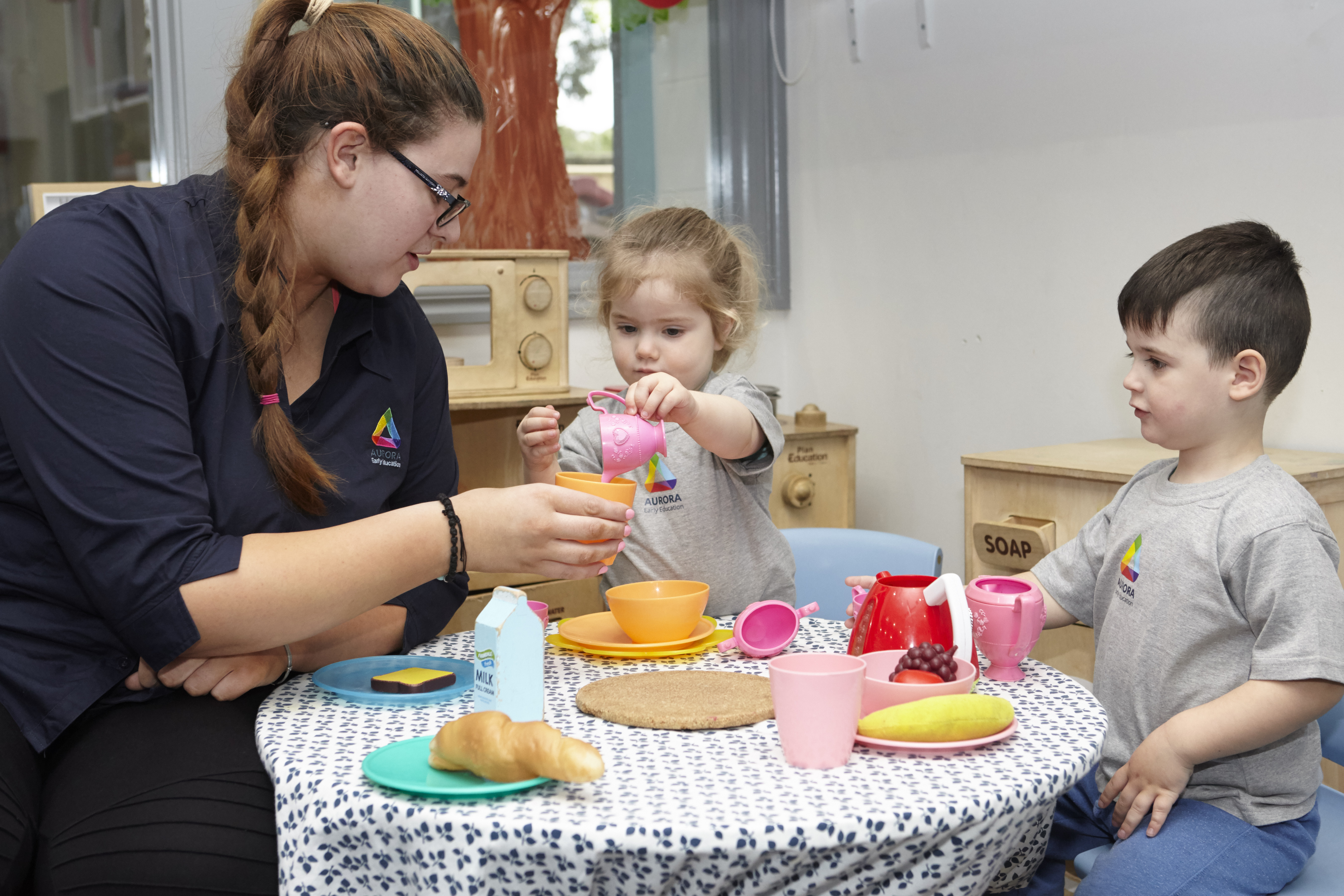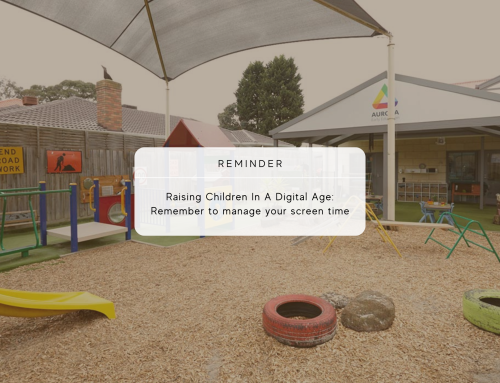“Come on Australia! When it comes to our national food waste, we can and must do so much better than this.”
That was Ronni Kahn’s response to the Australian government’s National Food Waste Strategy, which was launched early last week. As the founder of OzHarvest, a food rescue initiative, Kahn would know; she’s been battling the issue for thirteen years and has been actively ‘biting’ at the government’s heels to tackle the massive amount of food waste Australia generates. However, as she laments in an article for OzHarvest ‘Punching Well Below Our Weight’ , the latest efforts by the government fall way below the mark; Australia’s voluntary commitment program will only be in place by 2019, while the budget allocated to the problem ($1.37 million) is much too little.
Kahn uses statistics to highlight the massive environmental problem that food waste causes and to explain why much greater steps need to be taken in combating it. Did you know, for instance, that if food waste were a country, it would be the third largest emitter of greenhouses gases in the world? Or that there are three million needy people in Australia who would benefit if the food waste was being channelled towards them?
Looking To Supporters
However, it’s not all gloom and doom. Kahn adds that there are several supporters, organisations and businesses across Australia that are willing to play their role in battling food wastage.
At Aurora Early Education, for instance, tackling food wastage is an important practice and a part of our Sustainability Policy, which aims to reduce harm to the environment and minimise the use of valuable resources. As we are educating and caring for the world’s future generation, we are mindful that it is also our responsibility to ensure that the world they inherit is a bountiful one. On one hand, we have teamed up with OzHarvest to donate food.
On the other hand, we also engage in several fun activities to educate our learners about the importance of avoiding food waste. In each studio, we run a ‘No Scraps For Henry’ program; Henry is our resident chef and we encourage our children to make him happy by making sure they present him with empty plates after their meals. We also teach our children the practice of mindful eating, where they acknowledge where their food comes from and think deeply about what they serve themselves and whether they will be able to finish what they place on their plate. In the Willow Walk Studio, we recently had a yoga session where learners had to close their eyes and guess the kind of fruit they were given by mindfully tasting it. All these activities nurture an understanding of the significance of food.
Any scraps that are leftover are given to our guinea pigs or placed in our worm farm, while leftover water is used to water plants around our centre; practices which highlight the concept of recycling.
We also have a thriving vegetable garden which shows our learners the effort involved in producing food.
Through these many activities, we believe that we are nurturing a generation who will be mindful about the importance of food and who, as far as possible, avoid wasting it.
Have a trip to our centres:





